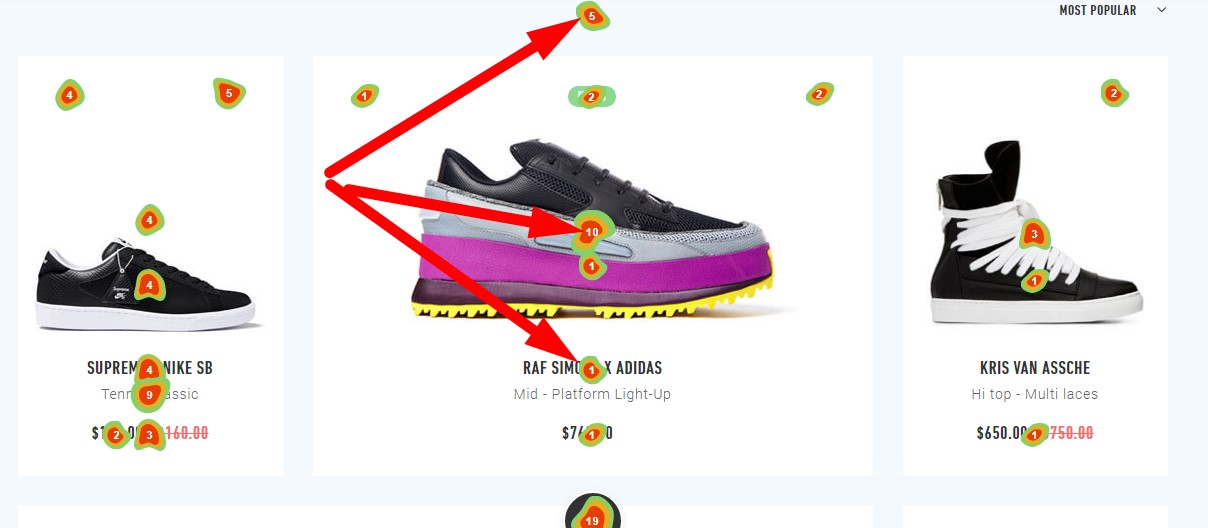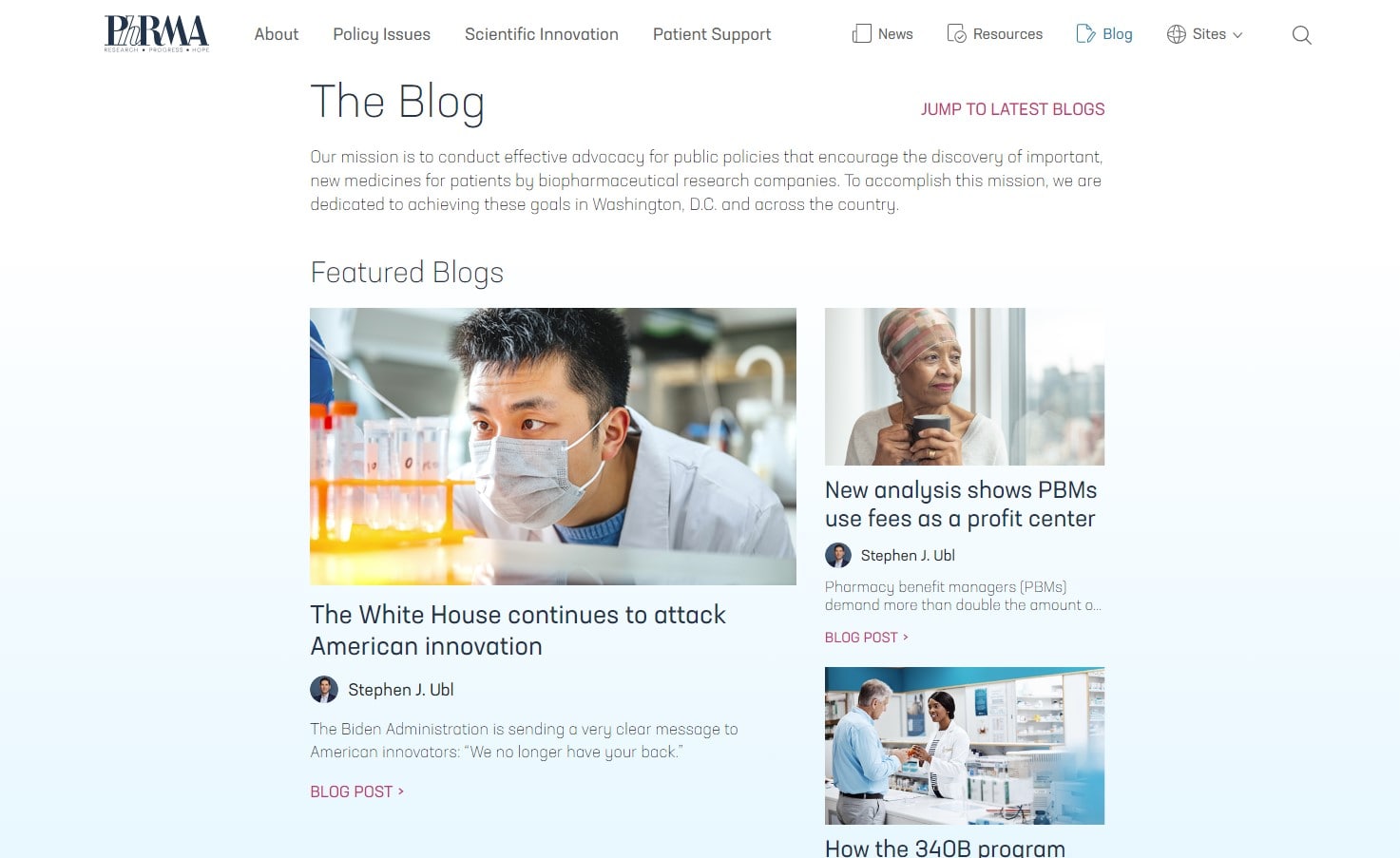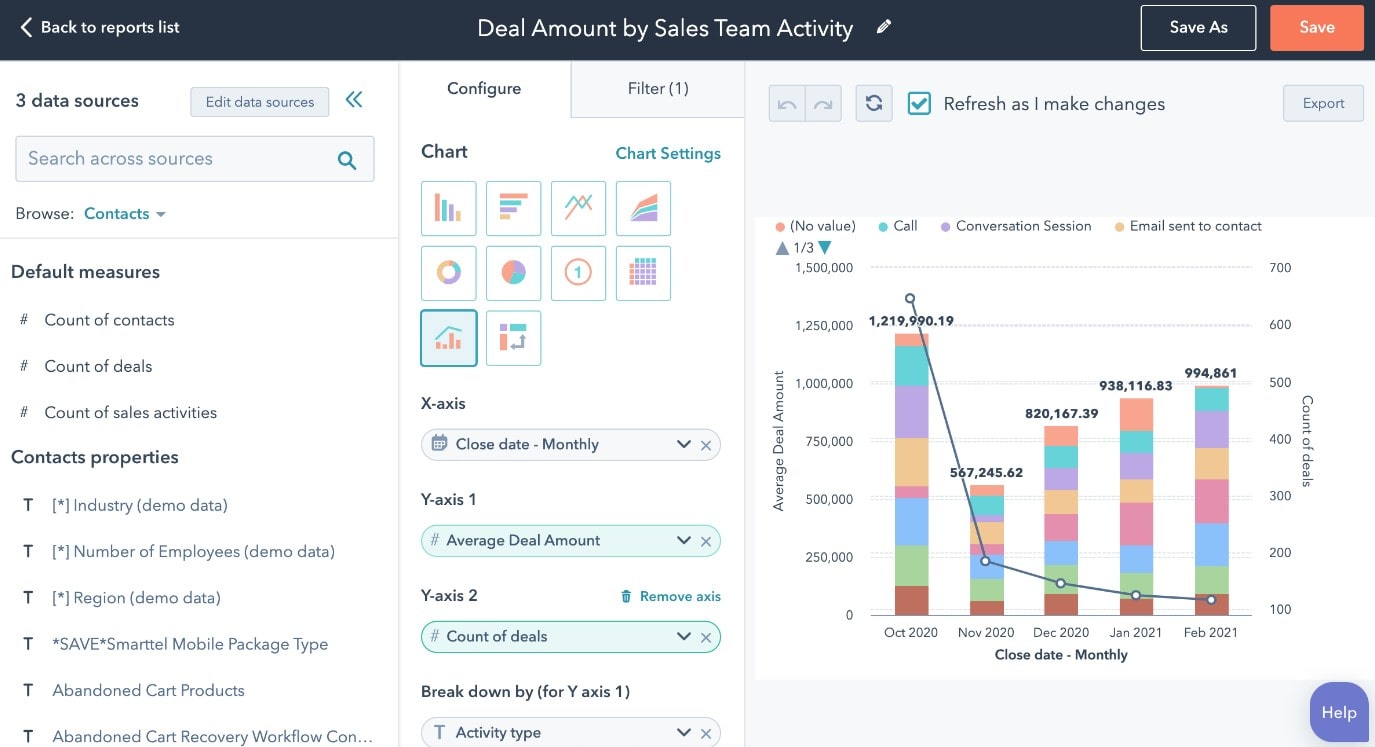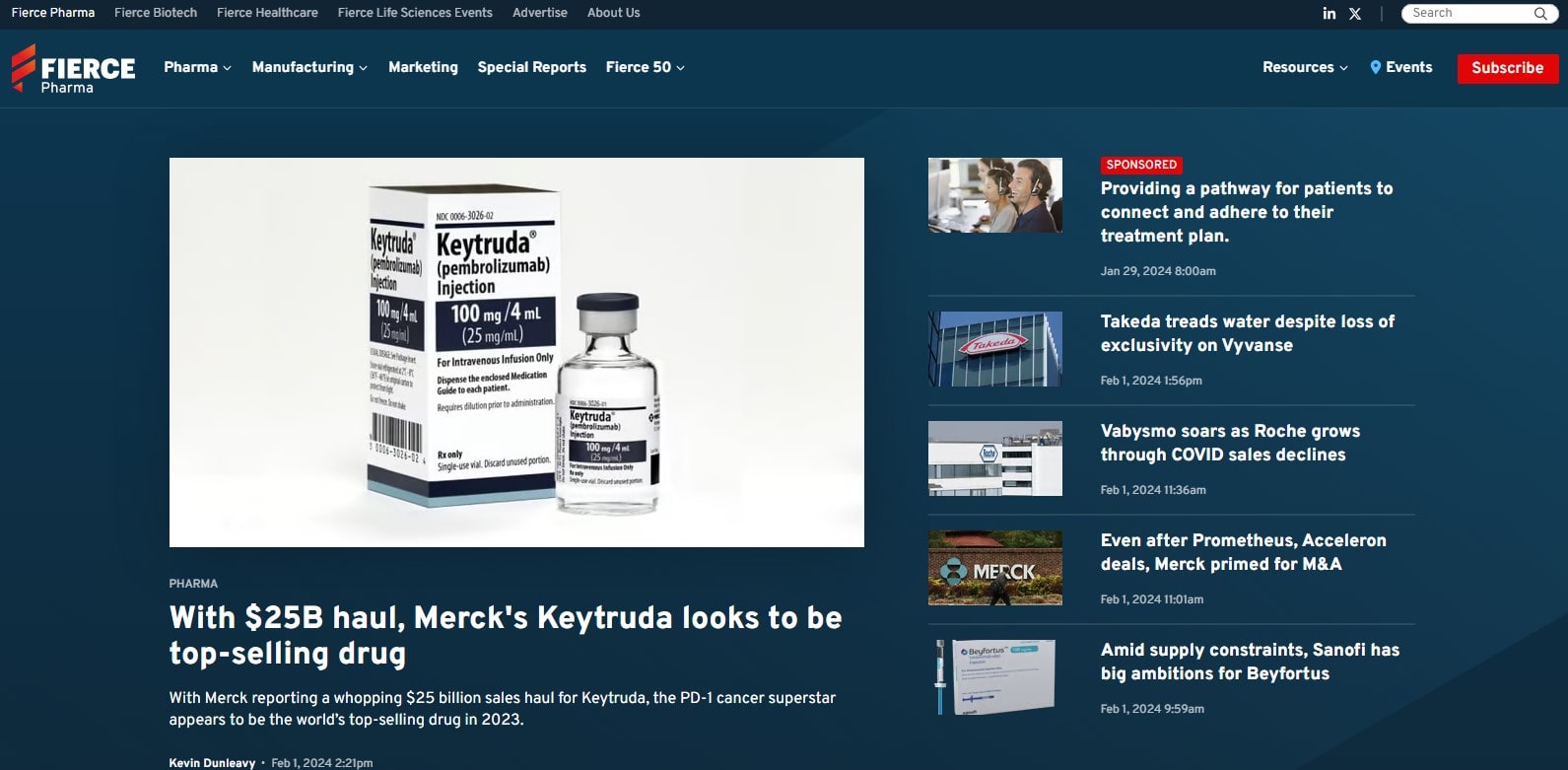There’s always something new to learn in the dynamic world of pharmaceutical marketing, where regulations are tighter than a sealed pill bottle and the digital landscape changes faster than a chameleon on a disco floor. With Plerdy, the go-to digital expert, navigating this labyrinth becomes as straightforward as reading a doctor’s prescription. This introduction to digital marketing in the pharmaceutical industry will offer a panoramic view of its evolving digital realm and provide insights into the craft of engaging healthcare professionals effectively. Plerdy, with its innovative solutions, stands as an essential tool in the marketer’s kit, ensuring your digital strategies are as potent as the medicines you promote. Stay tuned as we delve into the world where data-driven decisions and personalized patient care converge, shaping the future of pharmaceutical marketing.

Understanding the Pharma Digital Landscape in Pharmaceutical Digital Marketing
Pharmaceutical digital marketing might feel like unknown waters, where every wave brings new challenges and opportunities. This landscape, ever-changing and complex in pharmaceutical digital marketing, requires a keen understanding of both the terrain and the digital marketing tools needed to traverse it effectively in the pharmaceutical sector.
The pharmaceutical industry’s digital landscape is a unique confluence of technology, regulation, and innovation in digital marketing. At its core, it’s about delivering the right message to healthcare professionals (HCPs) and patients in pharmaceutical digital marketing using the most effective digital channels in the pharmaceutical industry.
Regulatory Challenges in Pharmaceutical Digital Marketing
The strict regulatory environment in pharmaceutical digital marketing is the first important factor. Pharma companies in digital marketing must navigate a maze of laws and guidelines, ensuring that all digital communications comply with standards set by bodies like the FDA in the U.S. and the EMA in Europe in pharmaceutical marketing. Non-compliance in digital marketing isn’t just a minor misstep in the pharmaceutical industry; it can result in significant fines and a tarnished reputation. For instance, the FDA has set clear guidelines on promoting and advertising pharmaceutical products in digital marketing, including rules for online and social media platforms in the pharmaceutical industry.
Engaging Healthcare Professionals in Pharmaceutical Digital Marketing
The second aspect of pharmaceutical digital marketing is engaging HCPs effectively. Digital channels have transformed how pharma companies interact with HCPs in digital marketing, who are increasingly turning to online resources for drug information, patient care strategies, and continuing education in the pharmaceutical sector. Some HCPs prefer online seminars and webinars to keep up with pharmaceutical industry innovations, according to a Journal of Medical Internet Research research. Thus, pharmaceutical marketers must adjust their digital marketing strategies to HCP preferences and needs, ensuring that material is relevant, instructive, and available through HCPs’ preferred digital marketing platforms.
Understanding the pharmaceutical digital marketing landscape requires balancing regulatory compliance with HCP engagement. It’s a delicate dance in pharmaceutical digital marketing, requiring both knowledge of the rules and understanding the digital platforms that HCPs frequent. As this landscape evolves in pharmaceutical digital marketing, staying informed and adaptable will be key to successfully navigating its challenges and leveraging its opportunities in the pharmaceutical sector.
Building a Digital Strategy in Pharmaceutical Digital Marketing

In pharmaceutical digital marketing, where every encounter can have a big influence, a digital strategy is about defining trends, not just following them. This is where thoughtful planning in digital marketing meets technological innovation, creating a roadmap for success in a digital-first healthcare environment in the pharmaceutical industry.
A complete pharmaceutical digital marketing strategy combines art and science. It involves understanding the audience, leveraging the right tools in digital marketing, and delivering content that resonates and engages in the pharmaceutical sector.
Channel Selection in Pharmaceutical Digital Marketing
The first critical step is selecting the right digital channels in pharmaceutical digital marketing. Each channel serves a distinct purpose in digital marketing and reaches a different segment of your audience in the pharmaceutical industry. Websites and professional forums in digital marketing are ideal for detailed, informative content aimed at healthcare professionals. In contrast, pharmaceutical digital marketing can leverage social media for public awareness efforts. Pharmaceutical digital marketing uses email marketing to reach HCPs and patients due of its personal touch. The Content Marketing Institute found that the most successful pharmaceutical content marketers employ an average of four channels to distribute their material, emphasizing the necessity of multi-channel digital marketing.
However, in pharmaceutical digital marketing, it’s not just about choosing channels; it’s about optimizing them. For instance, a mobile-optimized website is no longer a luxury but a necessity in pharmaceutical digital marketing. Statista reports that over 50% of global website traffic comes from mobile devices.
Pharma Digital Marketing with Healthcare Professionals
Engagement with healthcare professionals (HCPs) in pharmaceutical digital marketing requires a nuanced approach. Digital content for HCPs in pharmaceutical marketing should be evidence-based, up-to-date, and relevant to their practice. Offering continuing medical education (CME) credits through webinars and online courses in digital marketing is a proven method to engage HCPs, adding value to their professional development in the pharmaceutical industry. Digital marketing clinical practice improves with online CME.
Additionally, incorporating interactive elements like quizzes or virtual simulations in digital marketing can enhance engagement and make learning more effective in the pharmaceutical industry. Pharmaceutical digital marketing can also be more relevant and engaging by targeting HCPs by specialty or practice type.
In crafting a digital strategy for the pharmaceutical industry, remember that success in digital marketing lies in the details. It’s about choosing the right channels in pharmaceutical marketing, understanding your audience, and delivering content that informs and engages in digital marketing. As pharmaceutical digital marketing evolves, agility and responsiveness are essential. Thus, a well-structured pharmaceutical digital marketing strategy is a dynamic framework that responds to the healthcare industry’s evolving needs.
Leveraging Data and Personalization

In the pharmaceutical industry, data isn’t just numbers in a spreadsheet; it’s a goldmine of insights waiting to be unearthed. Personalization isn’t just a buzzword; it’s the secret ingredient that transforms ordinary customer interactions into meaningful engagements. Let’s explore how leveraging data and personalization can elevate pharmaceutical marketing strategies.
Effective use of data is the cornerstone of any successful digital marketing strategy in the pharmaceutical sector. It’s about going beyond generic messages to create tailored, impactful communications.
Data-Driven Decision Making
Data-driven decision-making involves using customer data to guide marketing strategies and operations. Pharmaceutical companies can better understand their audience, from HCP preferences to patient behavior patterns, by analyzing data from website analytics, social media interactions, and CRM systems. This helps marketers determine what content resonates with their audience, the best communication channels, and how to optimize user experiences. In one study, data-driven content that was specifically made for healthcare professionals (HCPs) greatly increased engagement and information retention.
Data analytics can also help pharmaceutical companies anticipate trends and patient needs and adjust their strategies. Patient and HCP data should always be protected and HIPAA and GDPR compliant.
Tailoring the Customer Experience
Personalizing the customer experience is about making each interaction unique and relevant. In the pharmaceutical industry, this could mean providing HCPs with customized educational content based on their specialties or offering patients information and support tailored to their treatment journey. Personalization can extend to all facets of digital marketing, from personalized email campaigns to dynamic website content.
AI and machine learning algorithms can recommend website and app content based on user behavior and preferences. This boosts user engagement and conversion. Patients follow treatment plans more when they receive personalized advertisements and reminders.
In the digital age, pharmaceutical marketing must use data and personalization. A strong brand-audience relationship demands providing the right message to the right person at the right time. Data use and personalization experts will engage and support HCPs and patients as the industry evolves.
The Role of Content Marketing

Pharma content marketing is a purposeful narrative technique that informs, engages, and empowers audiences. Let’s dive into how content marketing plays a pivotal role in shaping the narrative of pharmaceutical brands and influencing the healthcare landscape.
Content marketing stands out as a beacon of clarity and trust in an industry as complex and regulated as pharmaceuticals.
Types of Content
The types of content utilized in pharmaceutical marketing are diverse and tailored to various objectives and audiences. Blog posts and articles are staples, providing in-depth information about medical conditions, treatments, and drugs. Infographics help simplify complex medical information for a wider audience.
Videos and webinars are other powerful tools, especially for engaging healthcare professionals. These formats are ideal for explaining the mechanism of action of drugs, discussing clinical trial results, or providing continuing medical education. According to HubSpot, videos are now the most popular content marketing format, surpassing blogs and infographics.
In addition, whitepapers and case studies are crucial for a more scientific and in-depth exploration of topics, appealing to a more technically-minded audience, such as researchers or clinicians.
Content for Education and Engagement
Content marketing in the pharmaceutical sector aims to educate and engage. Educating patients and healthcare professionals about diseases, treatments, and new research findings is essential. This fosters trust and empowers them with the knowledge to make informed decisions.
Engagement comes through interactive content like quizzes, polls, and social media discussions, which inform and invite participation. Patient stories and testimonials add a human element to the content, making it more relatable and impactful.
SEO-optimize material to boost visibility. According to Moz, a leader in SEO software, properly optimized content can dramatically increase a website’s visibility and user engagement.
Pharmaceutical content marketing is complex and requires careful strategy. It’s about creating content that informs, educates, engages, and resonates with the audience. By leveraging various types of content and focusing on education and engagement, pharmaceutical companies can build trust, foster relationships, and position themselves as leaders in the healthcare conversation. The pharmaceutical industry’s communication strategy relies on content marketing as the digital landscape changes.
Incorporating Emerging Technologies

In the fast-evolving world of pharmaceutical marketing, emerging technologies are not just fancy tools but game-changers that redefine how we connect with and educate our audience. Integrating these technologies is like equipping a traditional laboratory with state-of-the-art instruments – the potential for innovation and efficiency skyrockets.
Integrating emerging technologies in pharmaceutical marketing is an essential step toward more engaging, informative, and effective strategies.
Artificial Intelligence and Machine Learning
Artificial Intelligence (AI) and Machine Learning (ML) revolutionize pharmaceutical marketing by enabling hyper-personalized customer experiences and more efficient data analysis. AI systems can find trends, forecast consumer behavior, and optimize marketing campaigns from massive data sets.
For instance, AI-driven chatbots on pharmaceutical websites can provide:
- Instant.
- Tailored responses to HCPs’ and patients’ inquiries.
- Improving engagement and customer service.
Machine Learning, a subset of AI, further refines this process by learning from past data, continually improving the accuracy of predictions and recommendations. According to a report by Deloitte, ML is increasingly being used in life sciences for various applications, including customer segmentation and personalized marketing, enhancing the overall effectiveness of marketing campaigns.
Video and Interactive Media
Video and interactive media have emerged as powerful tools for storytelling and information dissemination in the pharmaceutical industry. Videos can simplify complex medical information, making it more accessible and engaging for the audience. This is particularly effective for explaining drug mechanisms, showcasing patient testimonials, or providing virtual tours of manufacturing facilities.
Interactive media like AR and VR provide immersive experiences that can be utilized for teaching or product demos. For example, VR simulations can help HCPs understand the impact of a drug at a molecular level, offering a unique educational experience. A study by PwC suggests that VR learners complete training up to four times faster than in the classroom, indicating the efficiency of interactive media in educational contexts.
Integrating emerging technologies like AI, ML, video, and interactive media in pharmaceutical marketing is not just a trend; it’s a strategic necessity. These technologies offer innovative ways to engage, educate, and connect with audiences, transforming complex medical information into accessible and compelling content. As we progress, the pharmaceutical industry must continue to embrace these advancements, ensuring that marketing strategies keep pace with technological evolution and harness their full potential to improve healthcare communication and education.
Navigating Challenges and Solutions

In the intricate world of pharmaceutical marketing, challenges are as prevalent as opportunities. Navigating this landscape is akin to steering a ship through foggy waters – it requires skill, adaptability, and a deep understanding of both the obstacles and the solutions.
Pharmaceutical marketing faces unique challenges, but with every challenge comes a solution waiting to be discovered.
Overcoming Information Overload
One significant challenge in pharmaceutical marketing is information overload. Healthcare professionals (HCPs) are often inundated with data, making it difficult for your message to stand out. Prioritize quality over quantity. Rather than bombarding HCPs with generic information, tailor your communications to be relevant and valuable. Personalization, as mentioned in a McKinsey report, can significantly enhance the effectiveness of marketing messages. This involves understanding the specific needs of HCPs based on their specialties, interests, and previous interactions.
Moreover, leveraging data analytics to gain insights into the preferences and behaviors of HCPs can help in crafting pertinent and timely messages. Ensuring that the content is informative, concise, and easily digestible can further alleviate the burden of information overload.
Training Digitally Savvy Teams
Another challenge is ensuring your team is digitally savvy and capable of effectively utilizing the full spectrum of digital marketing tools. Continuous training and development are vital. Encourage your team to stay abreast of the latest digital marketing trends, tools, and best practices. Offering training sessions, workshops, and access to online courses can enhance their digital marketing skills. Coursera and LinkedIn Learning provide pharmaceutical digital marketing courses.
It’s also crucial to foster a culture of digital innovation within your organization. Encourage experimentation with new digital strategies and tools, and learn from successes and failures. This technique keeps your personnel competent and knowledgeable and portrays your company as a dynamic pharmaceutical company.
Effectively navigating the challenges in pharmaceutical marketing requires a blend of targeted communication strategies and continuous team development. By delivering quality, personalized content and cultivating a digitally adept workforce, pharmaceutical companies can overcome these hurdles and significantly impact their marketing efforts. As the industry continues to evolve, those who can adeptly navigate these challenges and adapt to changing environments will emerge as leaders in the field.
Conclusion
In the ever-evolving world of pharmaceutical marketing, mastery lies in embracing innovation while navigating challenges. The key is not just in crafting compelling content or leveraging the latest technologies but in the art of personalization and understanding your audience. As we’ve uncovered the layers of this intricate field, remember that the journey doesn’t end here. There’s a universe of insights waiting in the vast expanse of Plerdy’s blog, where each article is a gateway to deeper understanding and enhanced strategies. For those eager to continue exploring and expanding their digital marketing prowess, Plerdy is your compass, guiding you toward success with tools and insights tailored to your unique marketing needs.
